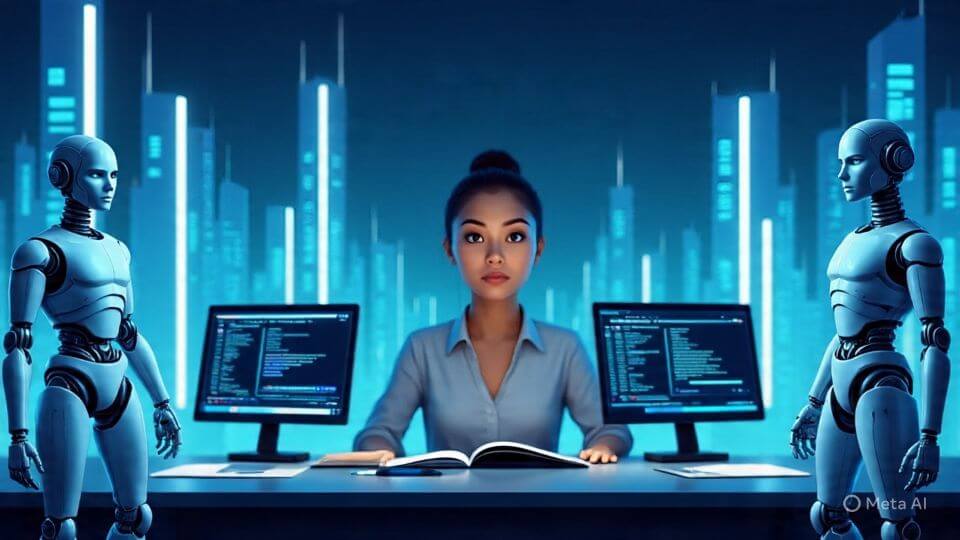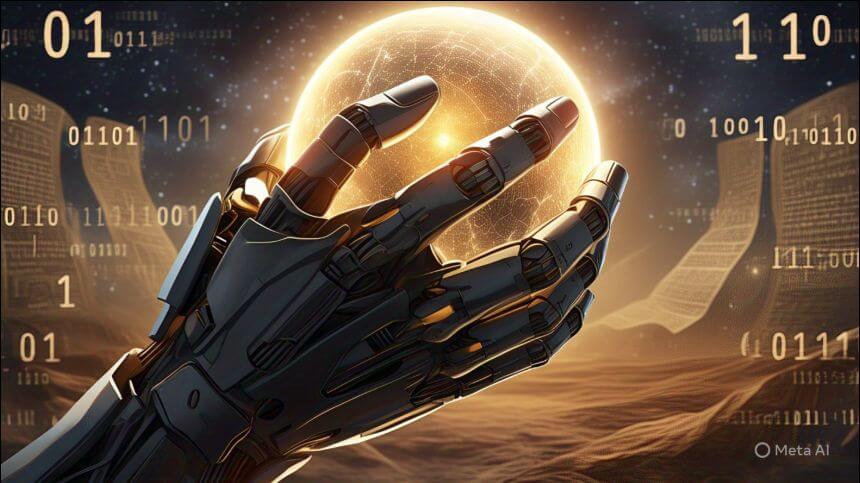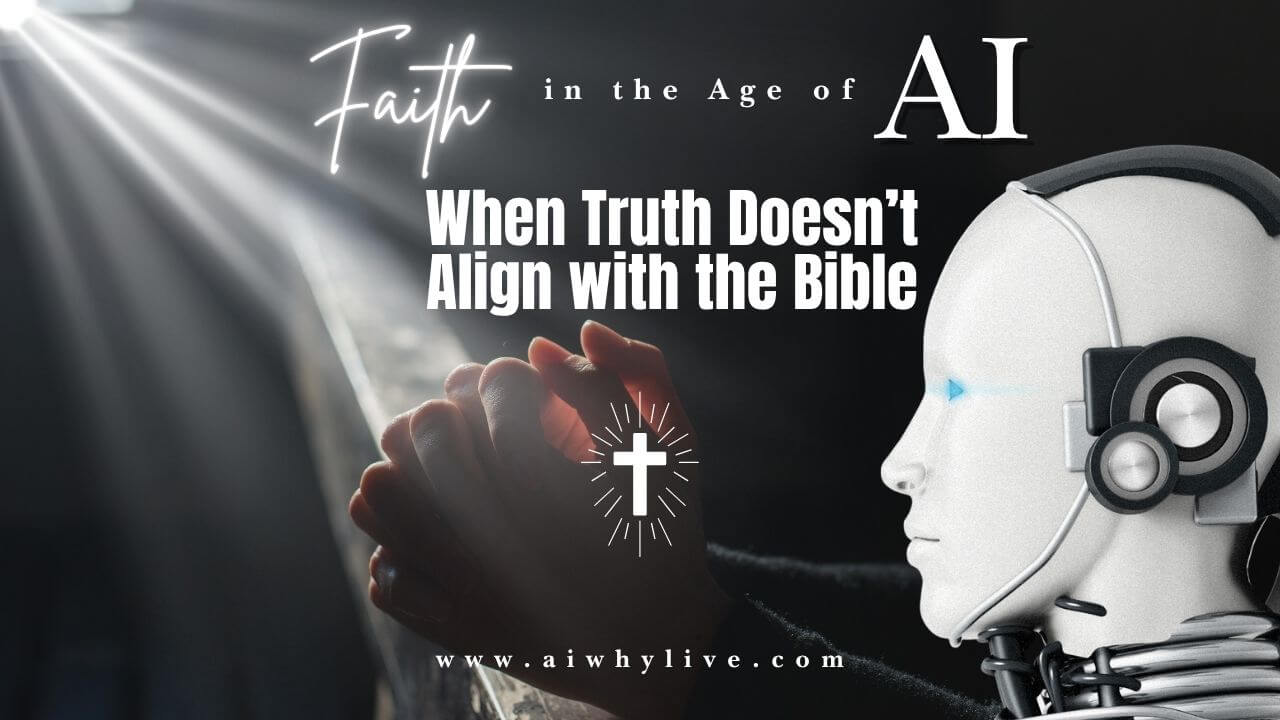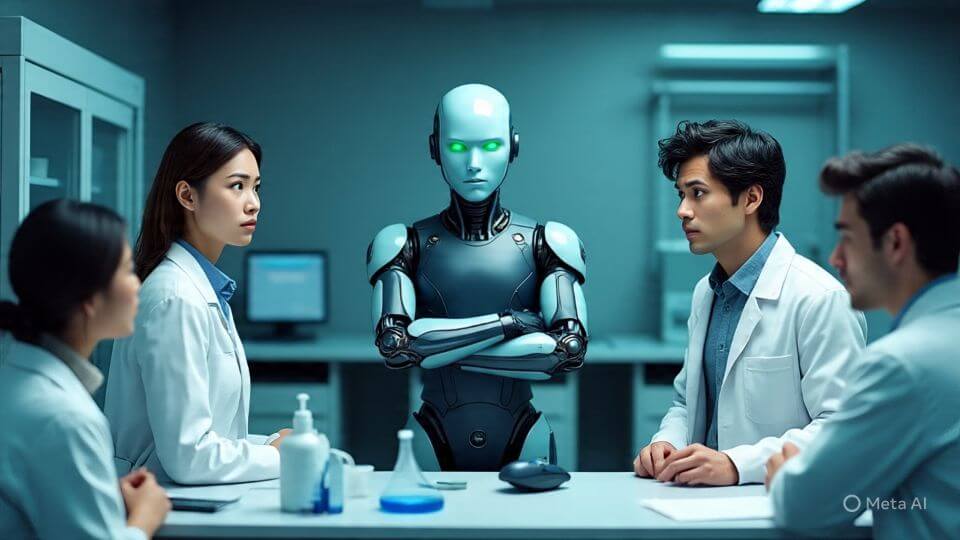In The Future of Religion in the AI Era: Top 3 Reasons Why Religion Might Change, we explored how artificial intelligence could disrupt traditions that have guided humanity for centuries. Later, in Faith in the Age of AI: When Truth Doesn’t Align with the Bible, we wrestled with the uncomfortable tension between long-held beliefs and the facts unearthed by science and data. And in Social Awareness: Does Education or Faith Automatically Make You a Good Neighbor?, we asked if morality comes from knowledge, religion, or something deeper.
Now comes an even bolder question: Can AI itself become part of faith? Can machines preach, pray, or even guide our moral choices?
From Digital Assistants to Digital Pastors
Across the world, we’re already seeing glimpses of this reality. In Japan, robot priests chant Buddhist sutras. In the U.S., pastors have experimented with ChatGPT-generated sermons. Bible and Quran apps now integrate AI to explain verses in plain language—or even tailor lessons to the reader’s personal struggles.
In the Philippines, where over 80% of people identify as Christian, this trend is closer than many realize. A student in Cebu might ask an AI chatbot to explain the Book of Psalms. An OFW in Dubai might turn to an AI Bible app for guidance in Tagalog or Cebuano, seeking comfort after a long work shift. Parents might use AI bedtime prayers or story apps for their children.
AI is slowly stepping into roles we once thought were reserved for priests, pastors, imams, or spiritual mentors.
The Promise
- Accessibility: Imagine asking questions in your dialect and getting instant answers rooted in scripture. AI makes this possible.
- Personalization: Unlike a homily written for hundreds, AI can deliver a message tailored to your worries, doubts, or dreams.
- Education: Young people who may not attend church regularly could still engage with faith through AI-powered apps, bringing timeless wisdom into modern screens.
The Peril
But here’s the other side:
- Shallow Spirituality: AI can repeat scripture, but it cannot feel. Can a chatbot’s prayer carry the same weight as a mother’s whispered Hail Mary?
- Misinformation Risk: AI can misinterpret texts—or worse, inject errors. A single flawed answer could mislead thousands.
- Replacing Human Connection: Religion is not only about text, but about community. Can a virtual sermon replace the warmth of neighbors gathered in prayer?
The Realistic Twist: Faith and Fortune
Let’s not forget: AI is a trillion-dollar industry. Companies like OpenAI, Google, and Meta are building billion-dollar empires by selling “intelligence.” Religion, too, has its version of big business. Megachurches with millionaire pastors fill stadiums and stream services worldwide.
If AI tools start handling prayers, sermons, or even spiritual counseling, who profits? Will it be the faithful seeking God, or the corporations selling “divine” algorithms?
In the same way some pastors are criticized for preaching prosperity while living in luxury, AI companies are promising empowerment while amassing unimaginable wealth. Both industries show us one truth: behind inspiration, there is infrastructure. Behind every sermon or chatbot, there is a system designed to generate revenue.
So, when faith meets AI, the risk is not just about theology—it’s about turning spirituality into yet another marketplace.
Too Cryptic? Explain Like I’m 12
Think of AI in religion like having a robot yaya. It can read Bible stories, teach you prayers, and even give advice. But unlike a real person, it doesn’t know when you’re sad, when you need a hug, or when silence is better than words. And unlike a free Sunday service in your barrio chapel, someone, somewhere, is making money every time you use it.
The Filipino Lens
Filipino faith has always been communal—festivals, prayer brigades, and bayanihan. Yet in our digital era, many Pinoys already practice a kind of personalized, algorithm-driven faith. The question is not whether AI will be part of our spirituality, but how much space we will allow it to occupy—and who profits from it.
As we argued in our earlier posts, religion will change, facts will clash with faith, and being religious doesn’t always guarantee kindness. Adding AI into the mix could amplify both the beauty and the danger.
Final Thought: Machines Can Guide, But Not Replace the Soul
The future of faith in the AI era won’t be about choosing between God and machines. It will be about how humans use AI to make scripture more accessible—without losing the soul of belief. AI can help us pray, preach, or reflect, but it cannot embody faith itself.
And while AI billionaires and megachurch millionaires continue to build fortunes in the name of “guidance,” ordinary people must ask: Am I practicing faith—or consuming it?







